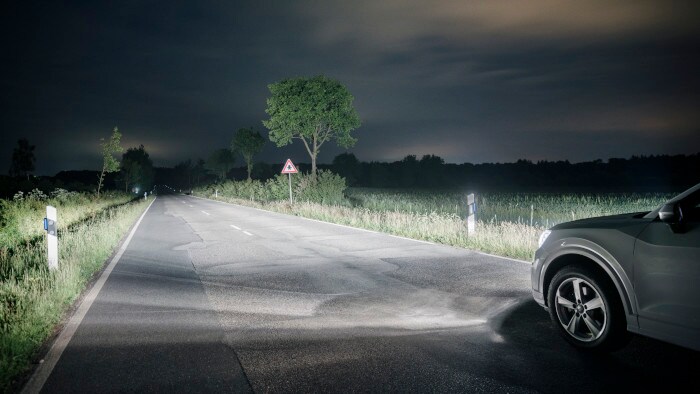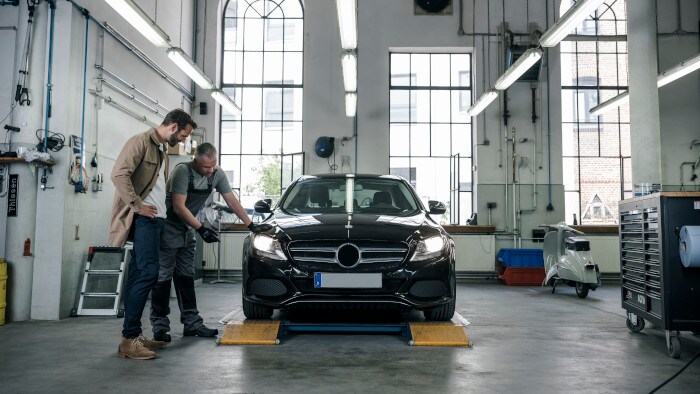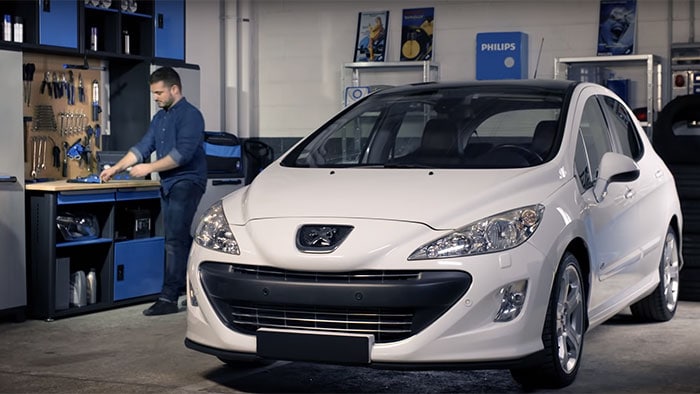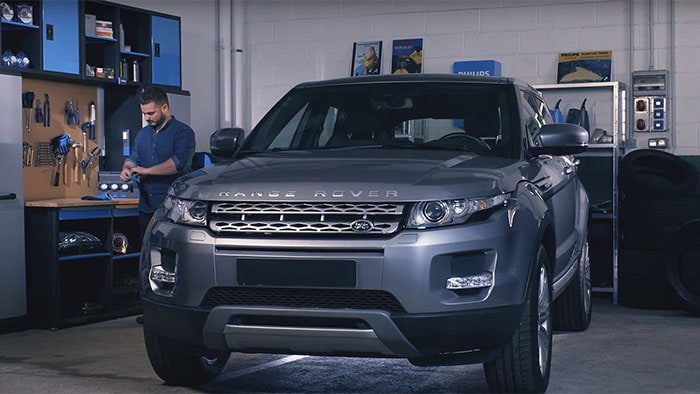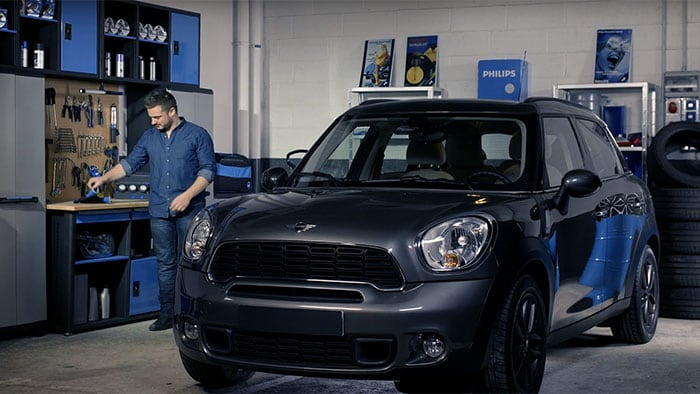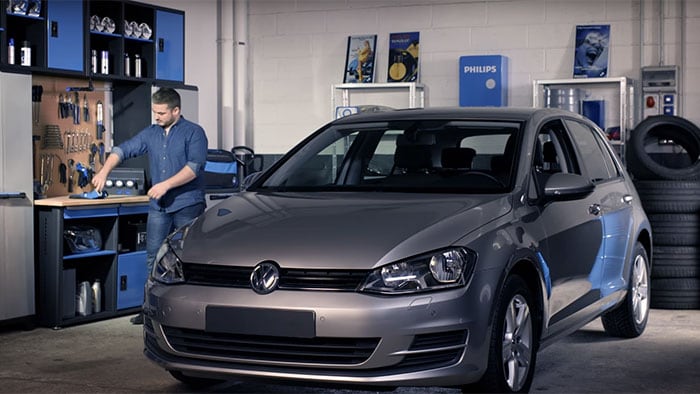Counterfeits hurt everyone!
About fake Philips xenon and halogen automotive bulbs
1. Phillips, Philip or Philips? Counterfeits hurt everyone and are big business. Counterfeits are fakes or unauthorized imitations of real products. The World Trade Organization defines a counterfeit product as an “unauthorized representation of a registered trademark carried on goods identical or similar to goods for which the trademark is registered, with a view to deceiving the purchaser into believing that he/she is buying the original goods”1 . Counterfeit goods span multiple industries including everything from apparel, accessories, music, software, medications and cigarettes, to automobile and airplane parts, consumer goods, toys and electronics. “Trends in Trade in Counterfeit and Pirated Goods” puts the value of imported fake goods worldwide based on 2016 customs seizure data at USD 509 billion, up from USD 461 billion in 2013 (2.5% of world trade). For the European Union, counterfeit trade represented 6.8% of imports from non-EU countries, up from 5% in 20132. In our case, counterfeiters are selling fake Philips bulbs or packaging. A fake Philips bulb is branded Philips but not produced in our Lumileds factories or under our control. Most of the time, our automotive lighting products are poorly copied; but sometimes, the copy is harder for consumers to detect. Fake packaging is made to look like our Philips-branded packaging and used to sell no-name or counterfeit Philips-branded bulbs. The risk of buying fakes is not that small Who has never fallen for a product that looked genuine but was incredibly cheap or of dubious origin when shopping online or at a market stall? Or worse, who has bought a product that he or she knew could not really be an original, or even intentionally bought what were clearly counterfeit goods. Make no mistake, counterfeiters would not copy technologies and market products of poor quality if they didn’t sell. 2. Why should you care about buying an original Philips bulb? Material compliance Let’s be clear, there is a range of companies making automotive lighting products today. And they can all manufacture high-quality, legally-compliant bulbs, given the right resources. That means investing in know-how and employee training, proper manufacturing equipment and quality materials. The Philips brand stands for all of that and more. When you buy genuine Philips bulbs, you know that behind their manufacture are certified suppliers, adherence to international standards and rigorous testing. You can also be sure that you are not unwittingly contributing to criminality or human-rights violations. The automotive OEMs and Aftermarket customers we supply benefit from more than 100 years of know-how, our extensive technical expertise, cutting-edge design and development capabilities and our renowned network of service centers. We hold a large number of patents on key automotive lighting technologies that underpin the superior performance of our bulbs and keep drivers safe on the road. Our products are often copied, but the quality of such copies is poor; besides, they cannot claim the benefits of the technology they try to replicate. We also use only top-quality materials that conform to international safety norms. Buyers of fake bulbs do not have the same security. In the worst case, they run the risk of exposing their vehicles or their own health to dangerous substances used in the manufacturing process. Furthermore, the poor design and electrical configuration of non-genuine Philips bulbs is a real issue for drivers. They could have power problems, or worse, the bulbs could damage their headlamps. A lack of compatibility with the vehicle’s electrical specifications, bad welding or faulty wiring can generate heat, which builds up quickly and impacts lighting performance. These fake bulbs could soon damage your headlights or your car’s electrical system. Fake bulbs are not only poor quality but can be dangerous. For example, several years ago a customer complained about a Philips xenon bulb whose base and socket had melted, damaging the connector on his car. On receiving the bulbs in question, we immediately saw they were not made by us. We tested them on a headlight unit in our lab. During this test, the bulbs smoked and smoldered, causing damage to the headlight unit’s electronics as well. This was a first-hand demonstration that a fake bulb really presents a danger for drivers: apart from harming the connector or the headlight unit, it could pose a risk to the whole vehicle. If the bulb starts burning, melting the connector, there is a real possibility that the fire will spread. This is a worst-case scenario, but if you use fake bulbs, you never know what might happen to your car. Process compliance Due to the automotive industry’s strict quality requirements, car bulbs are highly technical products subject to close monitoring, from production through delivery to the final customer. That’s why we put all our Philips products through the toughest tests to ensure superior quality, reliability and safety. This cannot be guaranteed for products coming from unknown manufacturers with fake branding. Additionally, each of our suppliers is certified. We make sure that the products we market are not only made to the highest quality and safety standards, but are 100% compliant with international human-rights regulations. You never know how or where fake bulbs are produced, or whether their cheap price could be explained by child labor. See and be seen: safety without compromise on the road People often think that a counterfeit bulb may be lower in quality, but that it will light the road well enough. They are wrong. The construction of our Philips bulbs follows the strictest regulations and standards. Fake bulbs might not meet the ECE regulations established in Europe by the UN. For example, ECE regulation R37 determines how many lumen a certain type of light bulb must emit, what surface dimensions it must have, which type of socket it should be equipped with, and the position of the filament. Most fake bulbs don’t have perfect filament alignment, which is an area of our manufacturing excellence. Bad filament alignment can lead to insufficient light while driving. This is because the light is not projected where you need it on the road. You react more slowly to hazards or obstacles in front of you when you can’t see properly, putting yourself and other road users at risk. Most fake bulbs also produce too much glare. International authorities have defined upper and lower limits for light intensity on the road to optimize visibility when driving. This includes limiting glare for oncoming traffic. Fake bulbs can be really dangerous, potentially dazzling approaching vehicles and causing accidents. Or they may fail to provide enough light in front of the vehicle. The correct light output from genuine Philips bulbs enables drivers to see at night or in poor weather, helping them stay aware and focused, while not dazzling oncoming traffic. In short, our bulbs provide safety without compromise for all road users. Value for money What you pay is what you get. When you buy a fake, you might pay less, but the product you get is most likely not worth the price you pay. Shorter lifetimes than genuine automotive lamps may mean you buy replacements more often. Fake bulbs are less able to withstand vibration and difficult terrains for prolonged periods. Original Philips bulbs overcome such challenges thanks to their quality construction and the materials used. For instance, our Philips X-tremeVision G-force can take up to 10 G vibration. It’s not only a question of paying for something of little value. The price of our Philips bulbs reflects the quality, performance and safety they provide to road users. All our investment in materials, manufacturing and testing is to keep you as safe as possible on the road. Packaging expertise We’re constantly working to create distinctive, effective packaging that protects our Philips bulbs and ensures they reach consumers in optimal condition. As we want to be confident our packaging is fit for purpose, we subject it to extensive testing. Firstly, we probe its ability to safeguard bulbs from shocks, vibration and transit or handling damage. Next we check it cannot be opened and then resealed. Packaging functionality is also assessed – the strength of the closure, pack durability over time, resistance to heat and damp. Finally, we test the hanging hole for robustness so that our packs can be properly merchandised in-store. And of course, we make sure our packaging is sustainable and environmentally friendly. With fakes, you cannot know if the packaging will keep bulbs safe and undamaged before you fit them to your vehicle. In most cases, the pack is of poor quality and doesn’t protect bulbs at all. Also, you cannot be sure the fake packaging is made of sustainable materials that are not harmful to you or the environment. Complying with local regulations In most European countries, a driver using non-compliant car parts – including lighting components – can be subject to legal proceedings or a fine, and may invalidate his or her insurance. Unlike fakes, genuine Philips lamps are covered by warranty. That goes for both genuine Philips halogen and xenon bulbs. If you have a question about our bulbs or experience difficulties with them, you can turn to either the Philips distributor or the Philips consumer desk via our official website: https://www.philips.com/c-cs/support-country-selector.html. Why put your car, your own safety or other road users at risk by fitting cheap bulbs of uncertain origin? 3. How can you avoid purchasing fakes? Be suspicious of very low prices The first thing to be wary of is the price: if it looks too good to be true, meaning very cheap in comparison to genuine Philips bulbs, it probably is. A Philips-branded xenon bulb priced at €20 cannot be genuine. The same applies to halogen upgrades. Look closely at the packaging If the product is being sold without its packaging, or the packaging appears to be of low quality, or includes printing errors (for example, blurry pictures, typos, spelling or grammatical errors), it is probably counterfeit. Check the manufacturing information on the pack, too. Every genuine Philips pack bears a seal – the Original Equipment Quality seal for xenon and halogen bulbs on the lid. This unique Philips seal is extremely difficult to copy. For instance, when holding the pack at an angle, you should see various colors on the seal. To further protect our customers and all consumers, we’ve created a proactive solution using unique, state-of-the-art technology. A Philips Certificate of Authenticity (COA) comes with every xenon lamp package. Using the certificate’s unique security code, anyone can verify the authenticity of the Philips product via a dedicated, fully-secured internet site: www.philips.com/original. Be aware of who you’re buying from When purchasing your automotive light bulbs, buy from reputable sources. Ask yourself if you would normally find the product in this type of environment. Online, you should only buy from Philips authorized-dealer sites. Counterfeiters often use imagery and graphics from real websites to make their own sites look legitimate, so don't be fooled by appearances. Check the fine print in the product descriptions, FAQs, or ""Contact Us"" pages. If you find typos, grammatical and spelling errors, or incomplete information, then the site is probably fake. That’s why we strongly recommend you buy from our Philips brand page. The Philips website also has a search function for dealers that are approved and authorized to sell Philips products. There are many Philips-approved channels and authorized dealers whose contact details you can find via our Philips websites or customer desk. 4. We’re fighting counterfeit bulbs every day. By now, you should have a clearer idea how fake Philips bulbs endanger road users’ safety and damage our reputation. We take this very seriously, which is why we’re active behind the scenes. We fight counterfeiting by conducting hundreds of online take-downs every month, worldwide. With the support of the Philips IP&S Brand Protection team, we conduct on- and offline investigations, make test purchases, test suspicious products and ultimately conduct raids together with the police and customs. Our work allows the enforcement authorities to seize and destroy hundreds of thousands of counterfeit packs and bulbs. When it comes to online dealers selling suspicious Philips products or abusing the Philips brand, we take action. We ensure that improper advertising for counterfeit bulbs is removed from websites, or we threaten the perpetrators with legal proceedings. Counterfeiting is also about educating consumers, the media and customs. That’s why we work very closely with local customs and border officials, teaching them how to spot suspicious bulb shipments and recognize counterfeit bulbs or packs. The objective is to prevent such shipments reaching customers or consumers. For consumers, we create educational tools such as videos on counterfeit bulbs and help them with questions about suspicious-looking bulbs or packaging via our Philips consumer care desk. We also contributed to the Fake Britain report on xenon bulb counterfeiting in 2016 which was aired on BBC1. Since then, we’ve written articles and created other media content to raise awareness about counterfeit bulbs. In summary If you’re suspicious about a bulb or packaging, don’t buy it! Always favor officially-authorized dealers of Philips automotive headlight bulbs, and always question unusually low pricing. You know now that Philips bulbs offer high-quality, safe technology that counterfeiters cannot match. It’s a question of safety – yours and other road users’. 1. Definition from the World Trade Organization - https://www.wto.org/english/thewto_e/glossary_e/counterfeit_e.html 2. OECD “Trade in fake goods is now 3.3% of world trade and rising” - https://www.oecd.org/newsroom/trade-in-fake-goods-is-now-33-of-world-trade-and-rising.html
You might also be interested in:
-
![Bright connections]()
Bright connections
Click here to learn more -
Good bulbs, bad bulbs
Click here to learn more -
![Improve your lights]()
Improve your lights
Click here to learn more -
![Change bulbs in pairs]()
Change bulbs in pairs
Click here to learn more
Find the right bulb for your car
Guide to finding the right bulb
Discover more

Where to buy
Purchase Philips Automotive products online or at a store near you
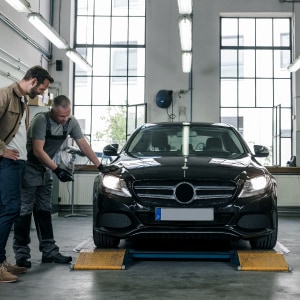
Automotive Support
Do you need a replacement Philips headlights for your car?
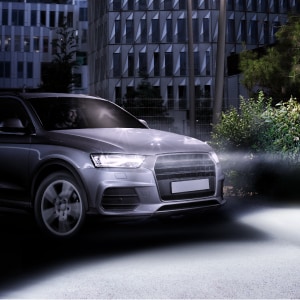
Philips product authenticity
Philips highest priority to provide maximum satisfaction for customers who buy genuine Philips products
How to replace your headlights?
How to replace headlight bulbs on your Peugeot 308
How to replace headlight bulbs on your Range Rover Evoque
How to replace Mini Cooper Countryman headlight bulbs
How to replace headlight bulbs on your Volkswagen Golf VII

